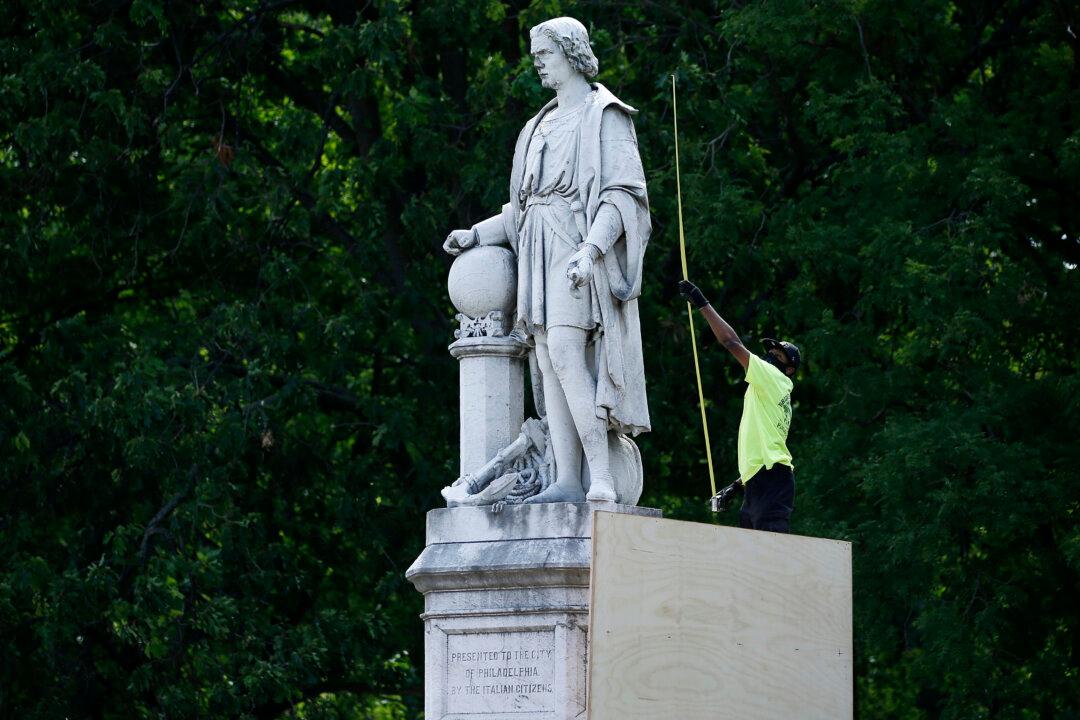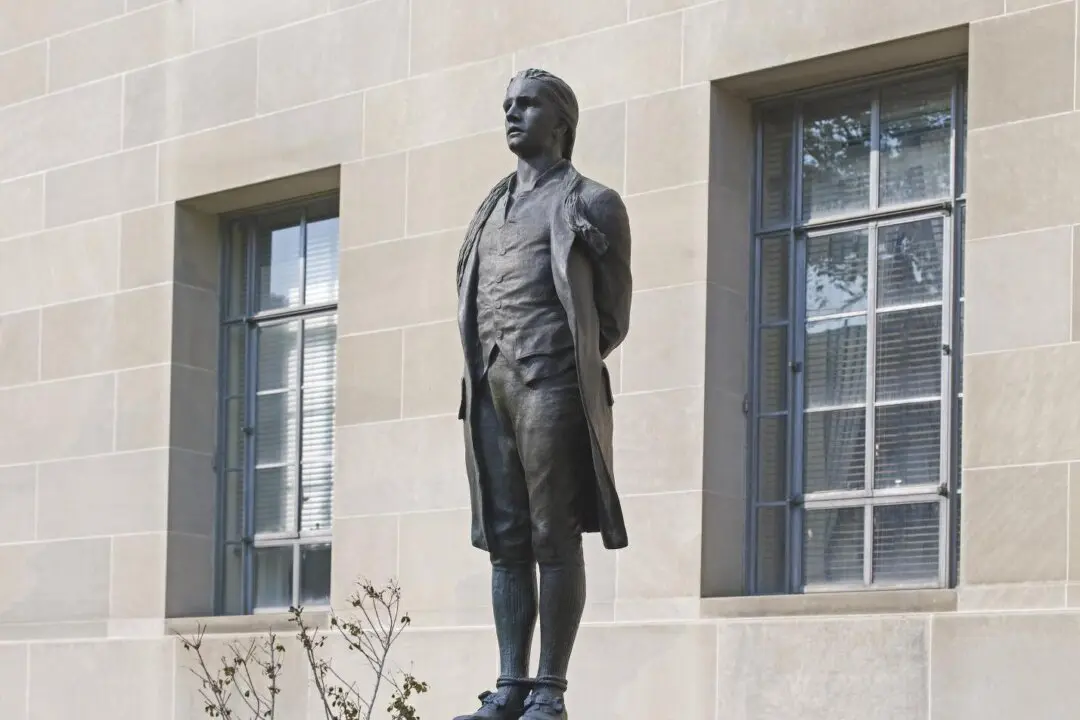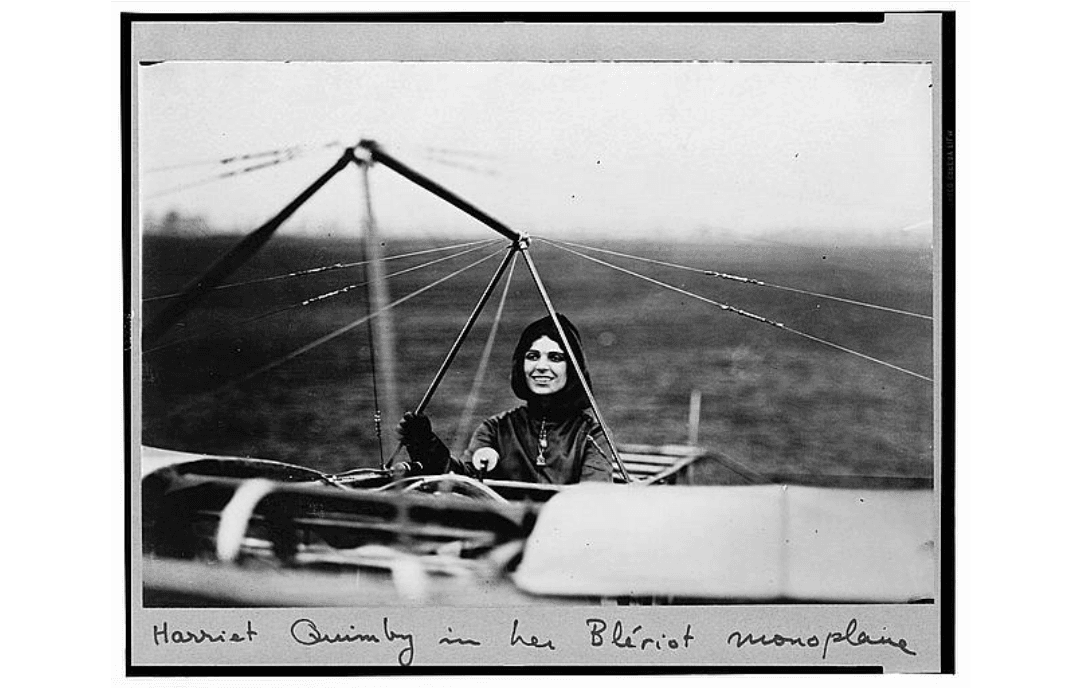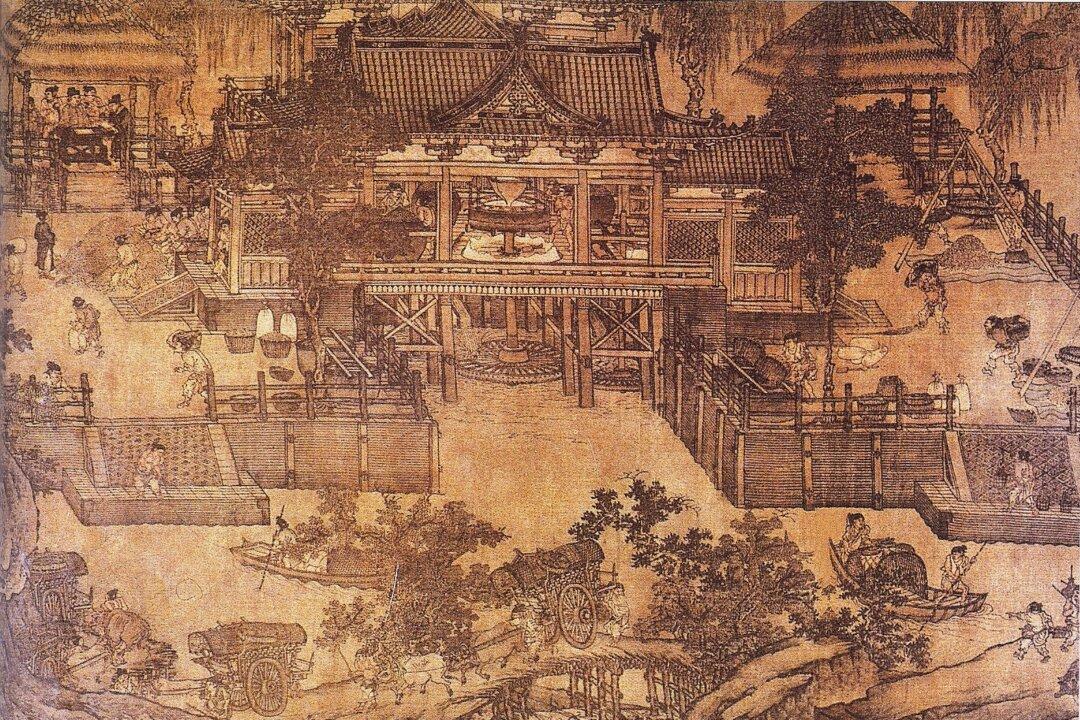Commentary
Monday, Oct. 11, will mark the 50th Columbus Day in America since the first official federal holiday of that name in 1971. The explorer from Genoa, Italy, made landfall in the New World on Oct. 12, 1492, which was a Wednesday. But we Americans like three-day weekends, so we celebrate his achievement on the second Monday of October. In Central and South America and in the Caribbean, many nations will also take note of the great event next week.





